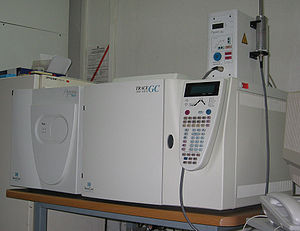Recently, I had an article published the journal of the National College for DUI Defense. The article was entitled, “Why I Don’t Stipulate to Forensic Tests.” In legal terminology, stipulating to a test means to accept the results as true and accurate. In other words, it is established and is beyond any question.
 In the article, I explained how inaccurate and error prone forensic tests can be. This is particularly important in DUI cases where the bulk of the evidence is the forensic test itself. In fact, even if a driver does not display signs of intoxication, simply having an alleged BAC above .08 can get them convicted of a DUI charge in PA. This is why the actual forensic test is so important.
In the article, I explained how inaccurate and error prone forensic tests can be. This is particularly important in DUI cases where the bulk of the evidence is the forensic test itself. In fact, even if a driver does not display signs of intoxication, simply having an alleged BAC above .08 can get them convicted of a DUI charge in PA. This is why the actual forensic test is so important.
Forensic tests for DUI are not a simple “push-the-button-and-get-a-result” task. These are complex scientific procedures and if the technician does not adhere to strict guidelines, the result is erroneous and there is no scientific value. But on the face of it, it may look “good.”
At The McShane Firm, we know that the forensic results are at the heart of your DUI case and that is why we make it the heart of our defense. All of our attorneys have attended intensive training seminars which focus on DUI blood and breath testing and how to challenge the evidence and find out if mistakes have been made. In addition to this, I have personally taught at several dozens of advanced DUI seminars, have authored a number of articles on the subject (like the article mentioned above) and maintain a blog dedicated to forensic science.
If you have a DUI test against you, you can have it reviewed by the experienced DUI attorneys at Pennsylvania’s premier DUI law firm. Call 1-866-MCSHANE for a free consultation.